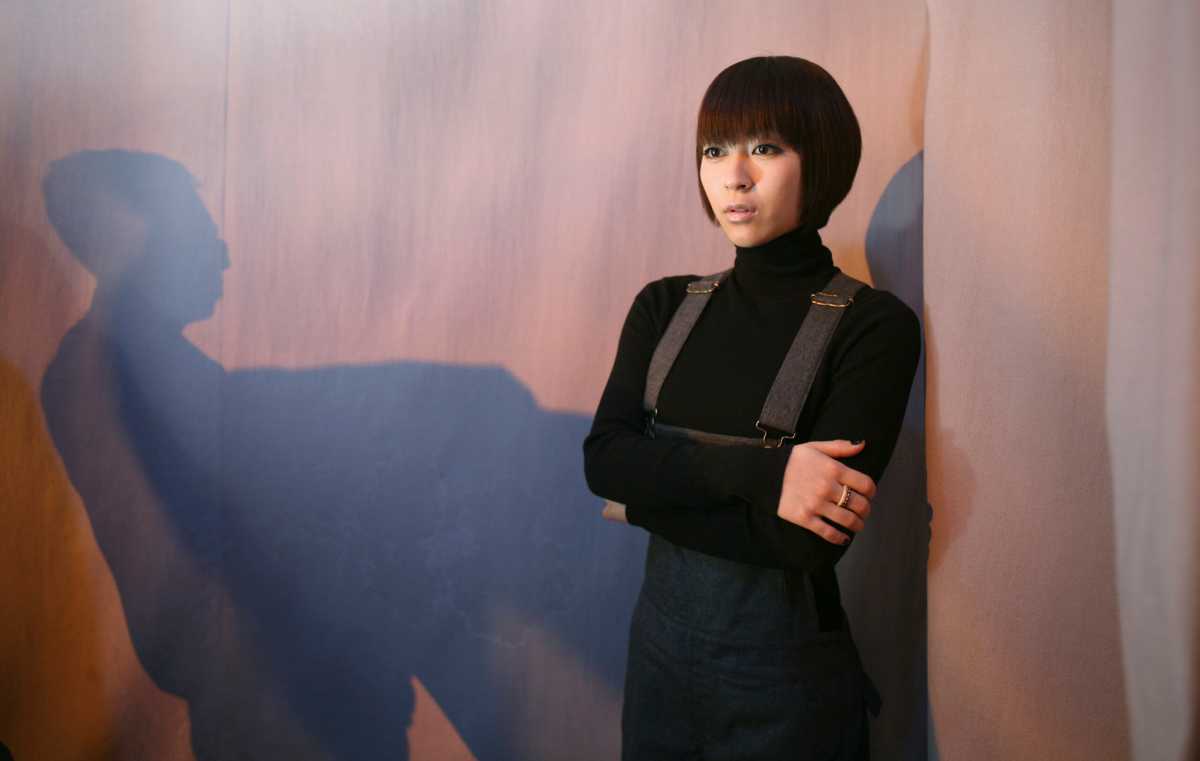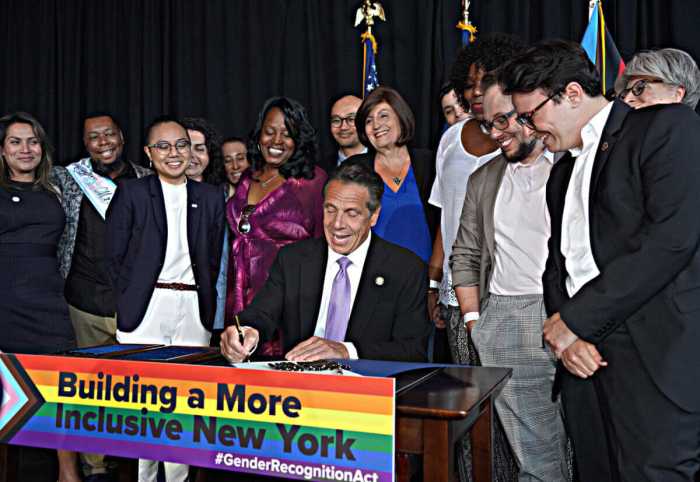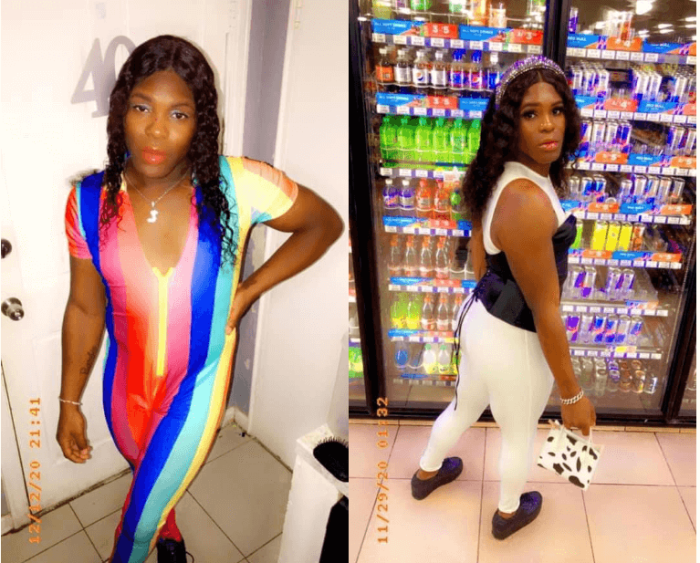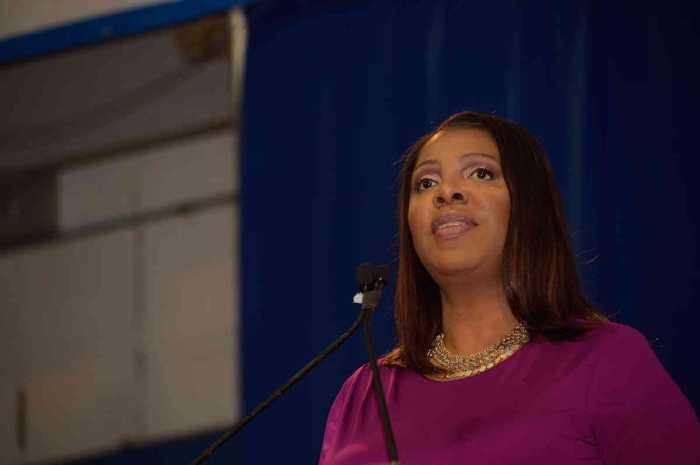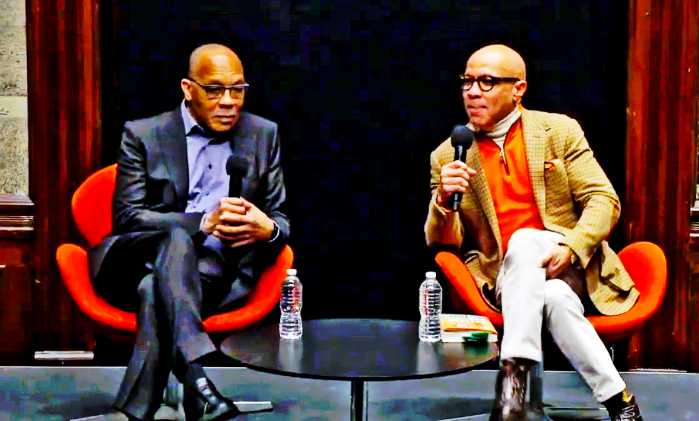Now that we’ve settled into 2022, it’s worth looking back on two notable LGBTQ musicians who had releases last year, as well as a new album from non-binary J-pop star Hikaru Utada.
Hikaru Utada | “Bad Mode” | Milan Records
The emotional force of “Bad Mode” begins at its end, with avant-pop producer AG Cook’s remix of “Face My Fears.” Hikaru Utada sounds stranded at the club amidst house music pianos, singing a disco torch song. But their voice is overdubbed into a choir singing “let me face my fears.” Their hopes for love and companionship might not come true, but they’re strong enough that they never sound alone.
Japanese-American singer Hikaru Utada’s new album opens with echoes of Steely Dan’s “Peg” and Don Henley’s “The Boys of Summer,” respectively, on its first two songs. (Judging from the credits, they’re not actual samples.) Utada became a superstar in Japan as a teenager; their 1999 album “First Love” is the best-selling album in that country. The R&B-inspired, English-language album “Exodus” tried to make them an international star. It found limited success in the U.S., with “Devil Inside” becoming a minor hit. But fame has allowed them to buy time — most of “Bad Mode” was released gradually between 2019 and 2022, with its first single cracking the Billboard Hot 100 three years ago. They came out as non-binary last year. Their 2004 song “You Make Me Want To Be a Man” predicts that realization, although they say they hadn’t heard of the concept till 2020.
Most of “Bad Mode” could get airplay on adult contemporary radio, but it doesn’t get bogged down in sad ballads. The production reveals layers and quietly eccentric touches. “Kimini Muchuu” opens with the “Boys of Summer”-influenced piano riff, but it also incorporates loops of static as a rhythmic element. The instrumentation is warm. If the drums are programmed, they’re an excellent imitation of booming live snares and cymbals. Utada goes back and forth between Japanese and English, reflecting her upbringing, but the album draws mostly on American dance music and R&B. It sounds like an album made by a person pushing 40, while retaining its energy and never getting too tasteful for its own good. Ukada looks back to city pop with the smooth “Darenimo Iwanai” while many songs pursue a danceable style akin to Dua Lipa, finally stretching this out for 12 minutes with “Rendezvous in Marseille.”
Allison Russell | “Outside Child” | Fantasy Records
Although “Outside Child” is Allison Russell’s first solo album, she’s been making music for almost 20 years. Her band Po’ Girl released seven albums, and more recently, she was a member of the all-Black and female bluegrass group Our Native Daughters (alongside the acclaimed Rhiannon Giddens and fellow queer singer/songwriter Amethyst Kiah.) While Russell has become a part of the Americana scene in Nashville, she’s originally from Montreal, and her mixture of blues, country, and rock includes some unusual elements reflecting her origins. “Montreal,” the opening track on “Outside Child,” takes inspiration from France’s torch song tradition. She inserts French lyrics into her songs. Russell’s music also incorporates clarinet, not exactly a mainstay of folk or country music.
Russell was sexually abused by her stepfather and ran away at 15. This directly inspired “4th Day Prayer” and underlies many of the songs on “Outside Child.” But her music avoids turning traumatic experiences into tabloid fodder; her lyrics benefit from the fact that she’s spent decades thinking about how to write about her life. (The album’s success has led to a book deal for her memoir.) “Montreal” celebrates the freedom she found in the city. “Persephone” looks back on her first relationship with a woman. Much of “Outside Child” works in an atmospheric, almost Gothic mode. It also describes the shelter of a chosen family with soaring gusto.
dltzk | “Frailty” | Dead Air
The non-binary singer/producer dltzk represents a subculture of teenagers making music on their laptops and phones, posting it to SoundCloud, and creating micro-genres. (Under the name Leroy, dltzk created “dariacore,” which mashes up 2000s pop and hip-hop samples over a jumpy beat suggesting a DJ flipping out from bad molly.) Dltzk claims digicore as their home ground, but the mixture of emo, pop, EDM and noise on “Frailty” combines electronic distortion with an old-fashioned knack for a tune. It’s unmistakable as music made by someone born in the 21st century, marked by swift changes in tone and timbre corresponding to our tech-frazzled attention spans, but also accessible to an older audience.
The amount of noise in their music conceals its complexity. Rejecting simple verse-chorus-verse structures, dltzk has mastered the art of putting together extremely different-sounding sections of a song in a way that coheres. Their songs stretch out with bridges, pre- and post-choruses and instrumental parts. Their vocals emerge from a fog of chaos into clarity and head back again on “can you tell?” Shards of metallic vocals looped into percussion or samples of non-musical sounds — birdsong on “search party,” spoken conversation on “buzzcut, delay” — interrupt them. Clean electric guitars are just another texture to mess with. “kodak moment” rides out with bells playing a childlike tune. Their lyrics dissect adolescent frustration with wit and perspective. “movies for guys” approaches their crush, who doesn’t even like them, with dread and hesitation: “I don’t really want to be someone who gets in your way.” Even at their loudest, dltzk’s tone remains fairly upbeat. This isn’t the sound of the future — it’s the shock of recognizing the present.

